The ability to create sensations from nothing is a real art that all large companies own. Any device can be inimitable and revolutionary, and any sales can break records. The main thing is to look at them from the right angle.

This issue is quite small. The main news of this week was the presentation LG of G4, about which there is already a separate article on MR. As for the rest, there weren't so many interesting things.
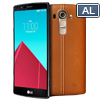 |
Presentation LG G4 |
Lately, many manufacturers feel like they are between a rock and a hard place. It seems that last year promised a quick change – sales of the Galaxy S5 turned out to be much lower than Samsung had planned. And Apple with its iPhone 6 Plus was not particularly able to gain a foothold in the phablet market and decided to spend a lot of time and effort developing smart watches – a very specific thing in itself. Optimists were already beginning to think that both of these giants were gradually fizzling out, and disappointed users were about to start looking for something else.
Alas, these dreams were not destined to come true. At the moment, the prospects for the Galaxy S6 and S6 Edge are excellent, both new items have managed to interest both sellers and buyers. The Korean company even had to hastily ramp up production of displays for the Galaxy S6 Edge. Thus, the monthly production of this version of the flagship will grow from 2 to 5 million pieces.
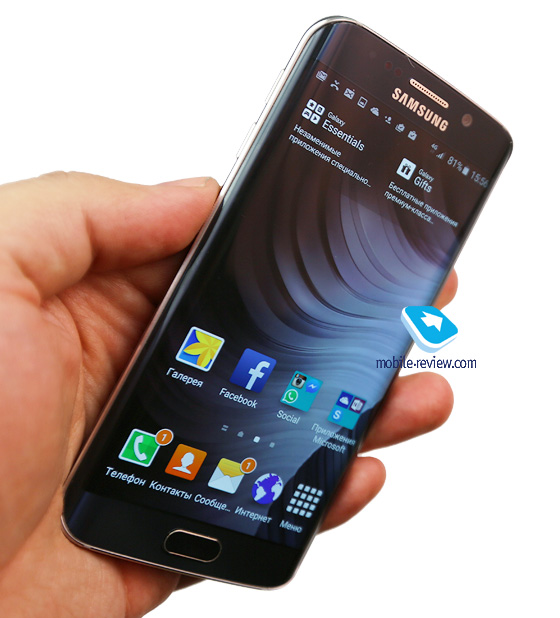
The most annoying thing for second-tier manufacturers is that it is not at all easy to copy Samsung's solution and present a similar model. Because of this, you have to think about how and what you can surprise potential buyers. The situation is very unusual for many – in recent years, many companies have become accustomed to blindly copying the decisions of their more successful colleagues, rather than thinking with their own heads.
Link to news
Apple, which seems to have 'no cake' for a long time, is also just fine. Perhaps the company's phablet really turned out to be not very popular, and it is still too early to judge the success of Apple Watch, but overall sales iPhone continue to grow. Although for a year it seems that they have nowhere to grow. So, according to independent analysts, this quarter sales of smartphones grew by 33% compared to the same period last year.
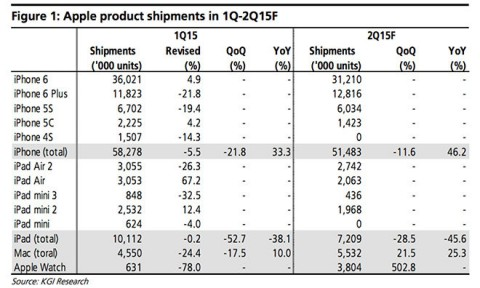
And somehow attracting buyers by copying design or ideas Apple is also very difficult here. The more Android the smartphone will 'mow' for the design iPhone 6, the more difficult it will be for it to stand out from the heap of similar offers from competitors who have been doing the same for a long time.
Link to news
Many manufacturers began to doubt they could live to see the day when Akela finally missed. And they began to try to restore justice on their own, trying with all their might to convince buyers to abandon the products Apple and Samsung and buy their smartphones instead.
Sometimes this activity takes on very strange forms. In an attempt to prove their success and once again remind of themselves, companies sometimes do quite strange things.
First of all, this applies to all kinds of victory reports demonstrating the success of the new product. Take, for example, a company Huawei, in which they talk almost every week about how quickly another batch of their smartphones was sold out. Although they could just as well recite the multiplication table or measure the average temperature in the hospital – both those and other numbers will not say anything about the company's success either, but they will look very menacing.
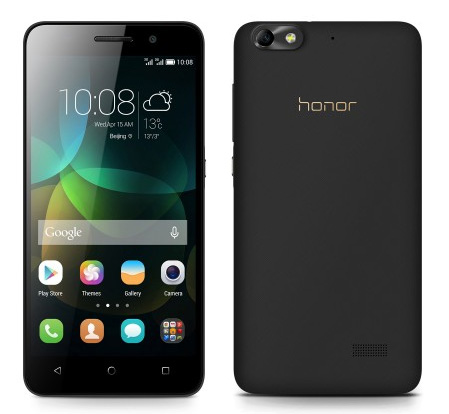
So we learned that the next (second in a row) batch of smartphone Honor 4C in the company's Russian online store was sold out in 48 minutes. Moreover, 2000 devices were purchased in the first 3 minutes. And the first batch Huawei P8 in China was sold out in one day. But what to do with all this valuable information is completely unclear. She says nothing about the success of smartphones.
Link to news
Link to news
Another attempt to create a sensation out of the blue belongs to the pen Acer. The company decided to present the Liquid X2 in a very peculiar way – to display the samples in a closed glass showcase, and even in special protective cases. And at the same time they did not even bother to reveal all the characteristics of the product – the emphasis was placed only on a 13 MP camera with an aperture of F / 1.8. As a result, nothing is really clear about them, but there is a reason to remember the existence of the company.
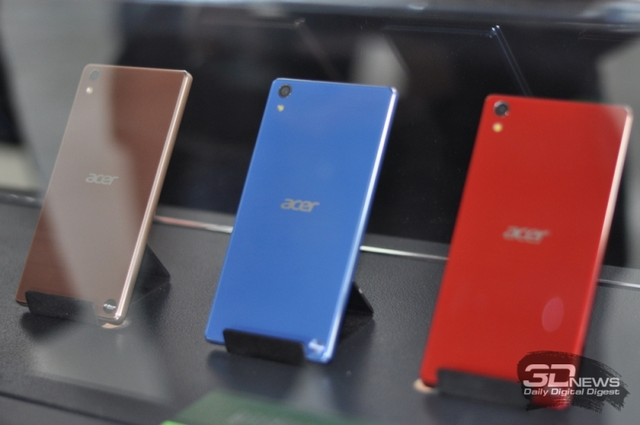
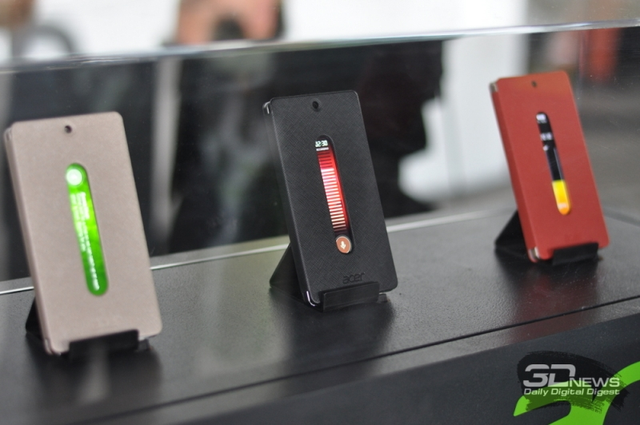
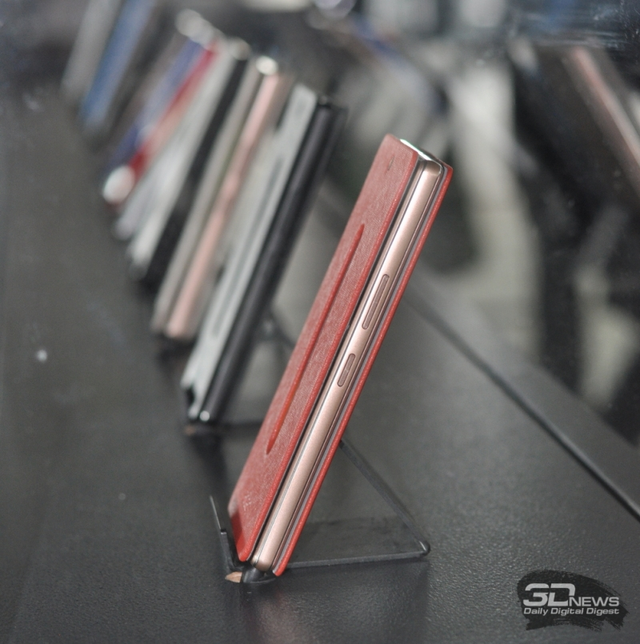
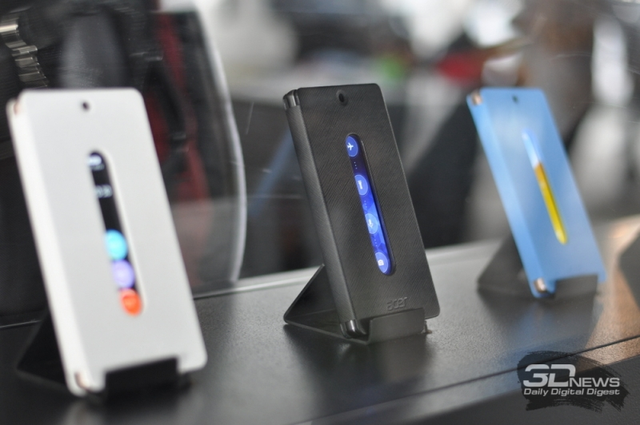
On the other hand, maybe it is for the better, because, apparently, we have another Xperia clone in front of us. And I also scolded Sony for creating smartphones using the 'copy-paste' method …
Link to news
In the meantime, the company Microsoft is in a hurry to share with us another success – it turns out that smartphones under the Lumia brand were sold 18% more last year than in the same period a year earlier.
Link to news
And it seems that there is a reason to be happy for the company, but the problem is that the mobile division Microsoft is currently unprofitable. Even without advertising and marketing costs, analysts estimate that the company loses about 12 cents on every smartphone it makes.
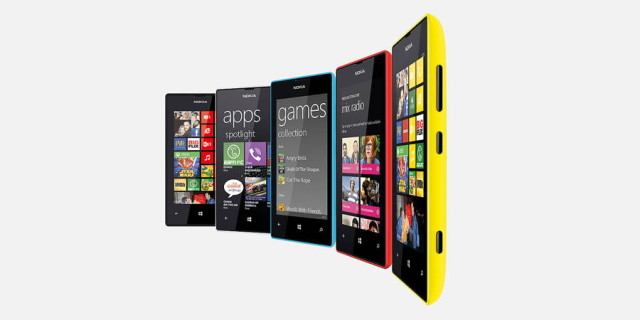
In general, the news about the success of the mobile unit Microsoft reminds me very much of the news about the rise in pension. Which is also constantly growing in words and indexed in all sorts of different ways. And in practice, what it was, it remained so. And our pensioners are still very far from becoming millionaires. Something similar is happening with smartphones on WP – in words, sales have been growing for many years by leaps and bounds, but in fact, everything remains at the same meager level. And the phases of the moon affect them even more than the release of new devices and OS versions from Microsoft.
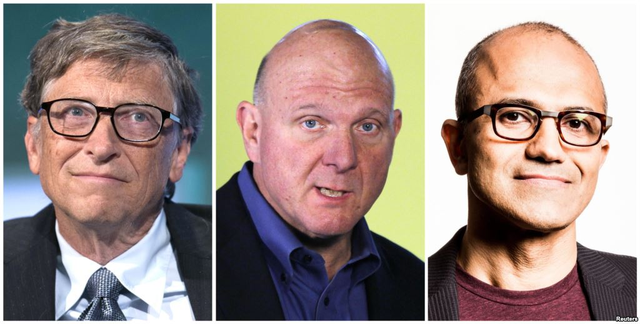
Thus, the current CEO of the company, who at one time opposed the acquisition of Nokia's mobile division, will pay for the decisions of his predecessor for a long time to come.
Link to news
Not everything is clear with Nokia itself. There are a whole bunch of rumors and news about the company's plans, but most of them contradict each other.
For example, at the end of last week, the head of the Chinese division of the company detailed exactly how Nokia plans to return to the smartphone market. Android was chosen as the OS, the production of the first models was supposed to start next year. It sounds logical, because it is by this time that Nokia will again have the right to release smartphones under its own brand. Причем R&D центр должен был сменить свое место прописки и переехать в Китай.
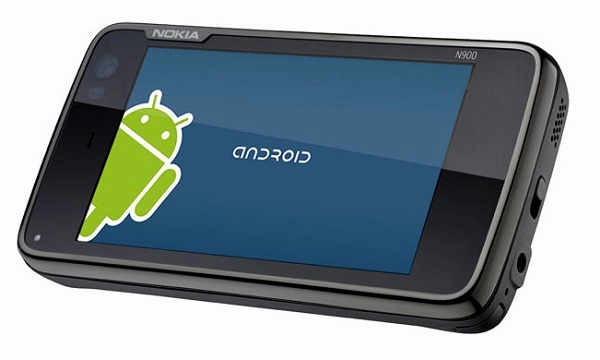
This news cannot be called unexpected, because the company clearly should not have let a loud brand just disappear. And she herself will try to produce smartphones or delegate her powers to someone else (that is, she will sell the brand in vain) – the tenth thing.
Link to news
But literally a couple of days passed, and the company officially denied information about plans to release smartphones. According to the new version, there is no talk of releasing their own phones at the moment.
It is not yet clear whether the head of the Chinese division for some reason passed off wishful thinking, or whether the company simply does not want to confirm such plans in advance. Especially if at the moment they are discussing with someone the possibility of licensing a brand or something similar.
Link to news
Another classic example of how you can make news out of nothing is the Cyanogen teaser about working on a secret project. What kind of project it is is not clear, but judging by the photo, we can assume that we are talking about the development of some kind of mobile device.
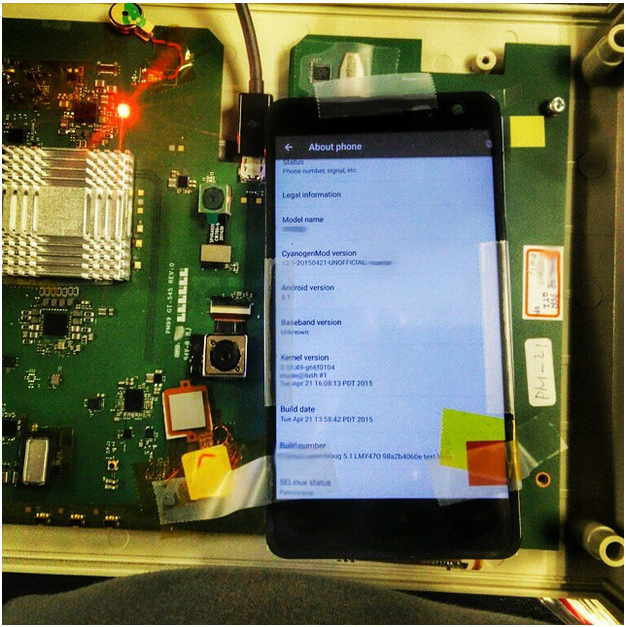
I would prefer companies to talk about their successes when they have something to tell, rather than just posting incomprehensible pictures. But marketers certainly know better.
Link to news
However, nobody can surpass Google in this field. While other companies make all sorts of vague hints about things that exist only on paper, Google is more cunning – they release such a concept under the guise of a 'ready-made' device and in some cases are not even shy about charging for it.
The most striking example of this approach is Google Glass. The abstract concept was presented to the public under the guise of a finished product. And although, as usual, it was a beta test, and not a commercial release, Google Glass was perceived precisely as a standalone device, and not as an early engineering prototype. Especially if you remember how many services like Gmail have been in beta stage, although in fact they have worked great for a long time.

But a prototype is a prototype that at any time can be redesigned almost from scratch. Which most people haven't thought of at all. In their eyes, Google Glass managed to quickly take off and fall no less rapidly, but in fact the company was simply testing one of the options for implementing some abstract idea.
Judging by indirect indications, Google will soon introduce the second version of its smart glasses. For example, a mysterious device codenamed 'smart BLE' (apparently about Bluetooth Low Energy) was recently spotted on the FCC website. The application mentions the presence of a touch panel and a built-in battery, so it is very likely that we are talking about wearable electronics.
Link to news
The Wall Street Journal, citing the CEO of the Italian company Luxottica, also confirms that it will not be long to wait for the second version of smart glasses. And somewhere on the horizon looms already version of Google Glass at number three.
I would like to believe that the second version of Google Glass will be something more interesting than the first. But this is far from a fact. So far, we only know that the new model will have increased battery life and improved picture quality. This is all great, but it will not turn a useless device into a useful one by itself.

